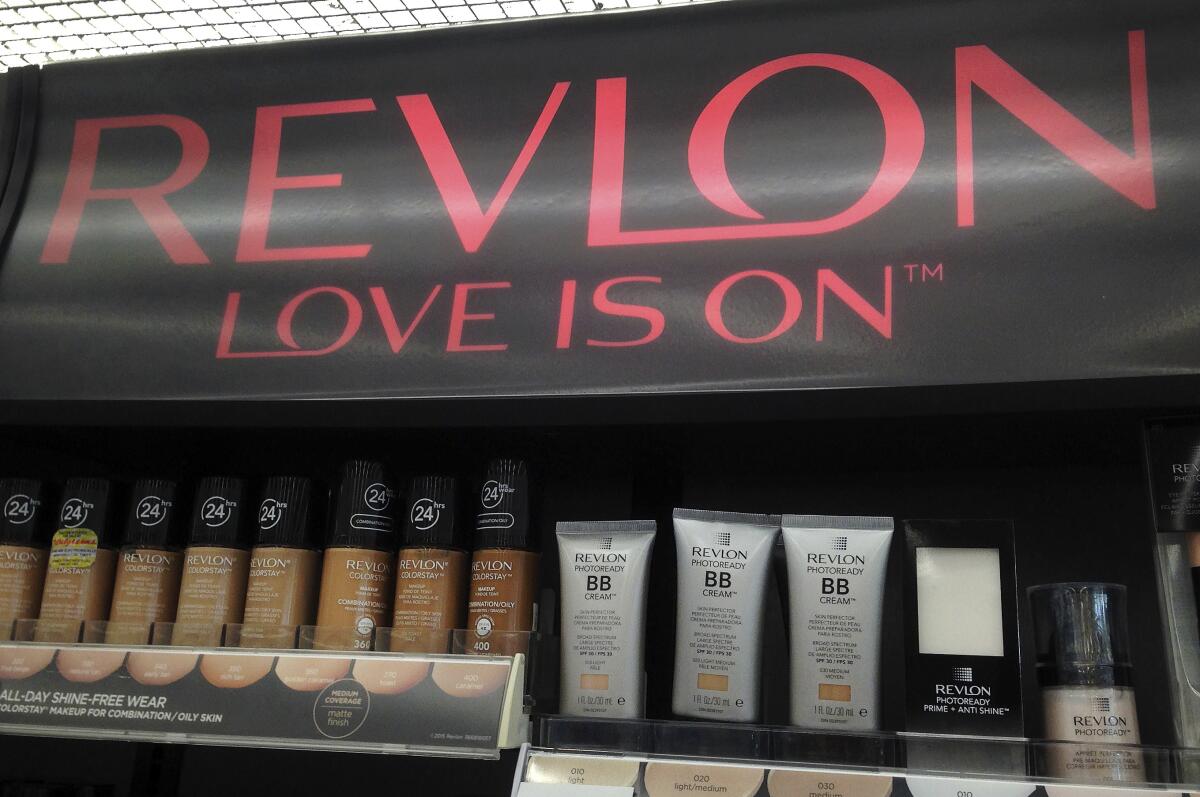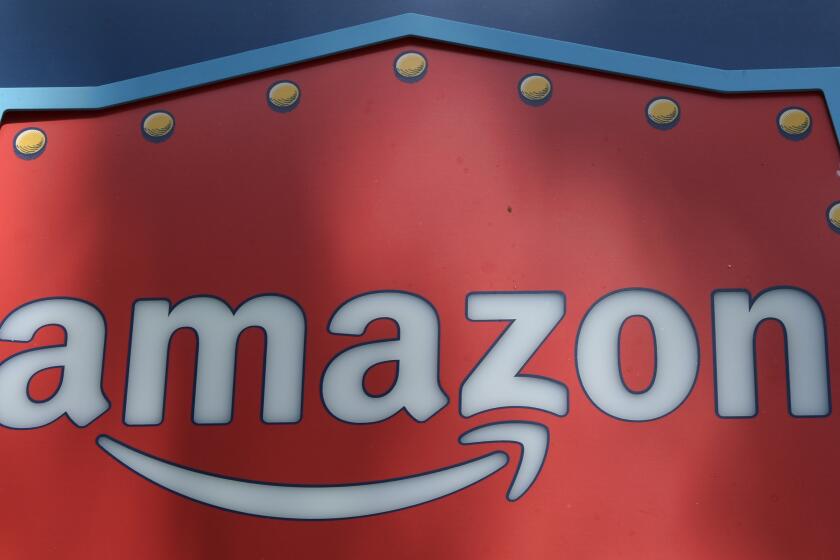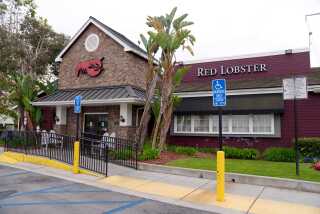Revlon, beauty icon in crowded market, files for bankruptcy protection

NEW YORK — Revlon, the 90-year-old multinational cosmetics company, has filed for Chapter 11 bankruptcy protection, weighed down by rising debts, global supply chain disruptions and new rivals.
With household names such as Almay and Elizabeth Arden, Revlon has been a mainstay on store shelves for decades. And it’s a company that broke race barriers and put supermodels such as Iman, Claudia Schiffer, Cindy Crawford and Christy Turlington front and center.
It has struggled in recent years, however, with mounting debt, rising competition and failure to keep pace with changing beauty standards.
The New York City company was slow to follow most women who gave up flashy cosmetics such as red lipstick for more muted tones starting in the 1990s. And in addition to rivals such as Procter & Gamble, it faced increased competition from celebrity cosmetics lines such as Kylie Jenner’s Kylie, which capitalized on their massive social media following.
Revlon’s problems only intensified with the pandemic as sales of lipstick tumbled, with masks the fashion of the era.
Sales tumbled 21% in 2020, the start of the pandemic, though those sales bounced back 9.2% in its most recent reporting year with vaccines now widespread. In the latest quarter that ended in March, sales rose nearly 8%. The company avoided bankruptcy in late 2020 by persuading enough bondholders to extend its maturing debt.
The California Supreme Court left intact a ruling that allows customers to sue Amazon over products it sells that may contain hazardous substances.
The New York-based company said that upon court approval, it expects to receive $575 million from its existing lenders, financing that will allow it to keep its day-to-day operations running.
“Today’s filing will allow Revlon to offer our consumers the iconic products we have delivered for decades, while providing a clearer path for our future growth,” said Debra Perelman, who was named Revlon president and chief executive in 2018.
Her father, billionaire Ron Perelman, backs the company through MacAndrews & Forbes, which acquired the business through a hostile takeover in the late 1980s. Revlon went public in 1996.
Debra Perelman said that demand for Revlon products remains strong, but its “challenging capital structure” offered limited ability to navigate macroeconomic issues.
In recent months, Revlon has experienced industrywide supply chain challenges and higher costs that are challenging companies globally. It said in March that logistical issues hurt its ability to meet customer orders. It also said it was stymied by rising prices on key ingredients and persistent labor shortages.
During its heyday in the 20th century, Revlon trailed only Avon in sales. It now holds the 22nd spot among cosmetics makers, according to a recent ranking by fashion trade journal WWD.
Stellar Pizza hopes to take on Domino’s and Pizza Hut with its low-labor-cost robot pizza truck.
In 1970, Revlon became the first beauty company to feature a Black model, Naomi Sims, in its advertising. In the 1980s, Revlon made a big splash with its supermodel campaign featuring diverse, famous and new models, including Iman, Schiffer, Crawford and Turlington, when it promised to make women “unforgettable.”
During an interview with the Associate Press last fall, Perelman said she was optimistic about the future. As women venture out, Revlon’s makeup sales are rebounding. She said the company also used the health crisis as an opportunity to double-down on investments online. During the pandemic, Elizabeth Arden launched one-on-one virtual consultations, for example.
Perelman also said that the company was learning from celebrity launches such as Kylie to be more nimble. For example, it cut months off of developing new products. Perelman said she was also seeing Revlon regaining market share.
None of Revlon’s international operating subsidiaries are included in the proceedings, except for Canada and Britain. The filing was made in the U.S. Bankruptcy Court for the Southern District of New York.
The company listed assets and liabilities between $1 billion and $10 billion, according to its bankruptcy filing.
More to Read
Inside the business of entertainment
The Wide Shot brings you news, analysis and insights on everything from streaming wars to production — and what it all means for the future.
You may occasionally receive promotional content from the Los Angeles Times.












